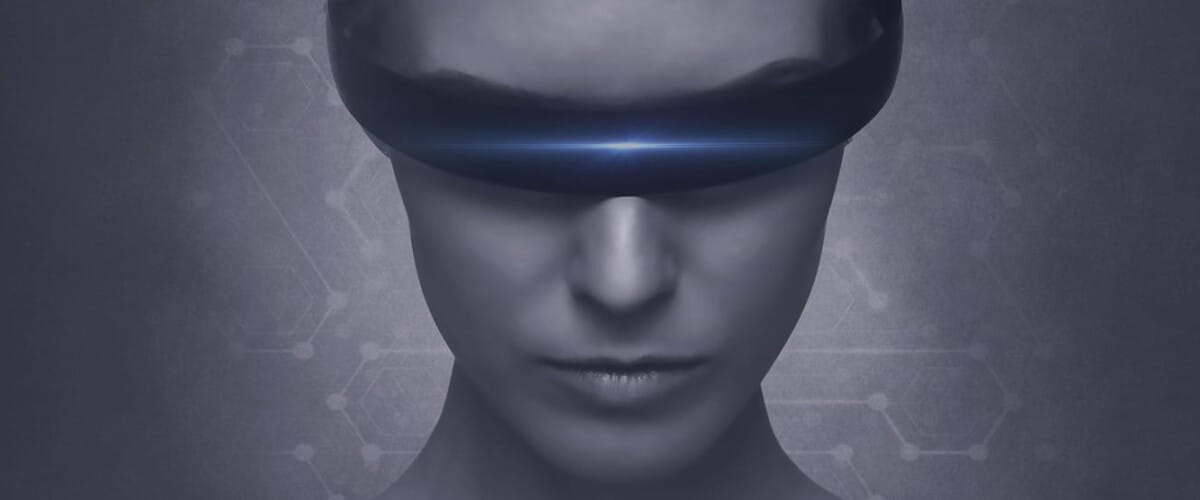Waves relentlessly breaking on thousands of miles of shoreline, emerging from an ocean that disappears a thousand miles beyond the horizon – this thought occupies me as I experience the nearly incalculable beauty of the beach. My eye drinks in all that it can possibly consume, but even so, I know this is but a small glimpse of the grandeur that is the ocean. Recently, I’ve experienced a similar sensation as I began to examine the pictures taken by the Webb satellite telescope – images of such powerful beauty, on a scale and scope, it outstrips the mind’s ability to comprehend. Truly breathtaking! Makes you wonder how someone could end up wanting to shrink such an expanding universe so that it could fit into the reductively self-referencing world they’d rather live in.
We live in the era of what sociologist Philip Rieff calls the “psychological man” and Charles Taylor calls “the expressive individual”, when describing the inward existential turn we now take when explaining our own existence. It is the impulse to define ourselves on our own terms – assuming that our authentic true self can only emerge from an unconstrained desire for self-identity. Never mind that this type of solipsistic narcissism is a neurotic pathology that will invariably devolve into delusion – self-identity must be allowed to reinvent its own reality. This is precisely how people become the center of their own small and self-serving universe.
An addict is unavoidably defined by their addiction, as it incrementally becomes their all-consuming identity. In this way, the obsessive compulsion of addiction best illustrates how our focus can become so perversely narrowed when we allow our unconstrained desires to dictate the terms of our identity. But for the most part, the addict has no expectation that the malady of their self-absorption should ever find full acceptance and validation within the culture at large . . . given that it is so self-evidently self-destructive. And this is what the epistemology of self-existence always devolves into – a reductive preoccupation with creating our own reality.
But our existence is inextricably contingent upon the contextualizing forces that constitute reality . . . which is simply an undeniable ontological truth. Set against such an extraordinary backdrop of an immense universe, you can either accept that the universe was purposefully created, and therefore it’s possible for you to find your purposeful place within it – or you can assume the universe exists pointlessly, making your existence pointless, and therefore pretend that you can speak your own existence into being. And it would appear that the second option has become the more popular choice of culture.
This is why I believe that imago dei (Image of God) is the ontological lynchpin of my faith. It draws me into a true understanding of myself by drawing me into a deeper relationship with God, and in so doing, puts me in touch with the enormity of all of existence . . . and the glory of all of creation. It also allows me to see others as the beloved of God’s ever-pursuing love. So I’d rather play a small role in the story that God is telling than play the lead role in the make-believe story I tell myself.
I choose to take life as sacrament




















Comments are closed.